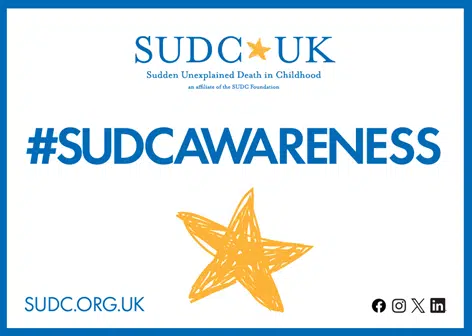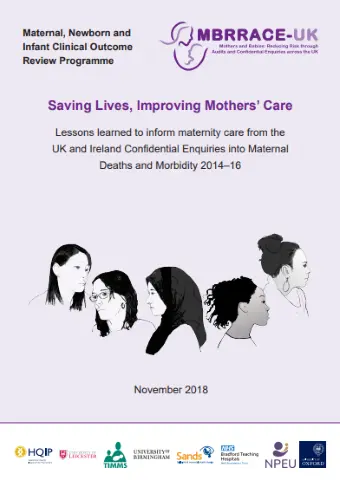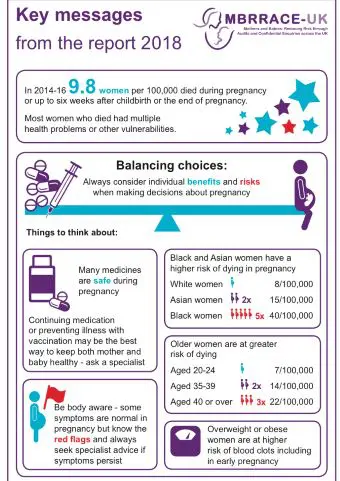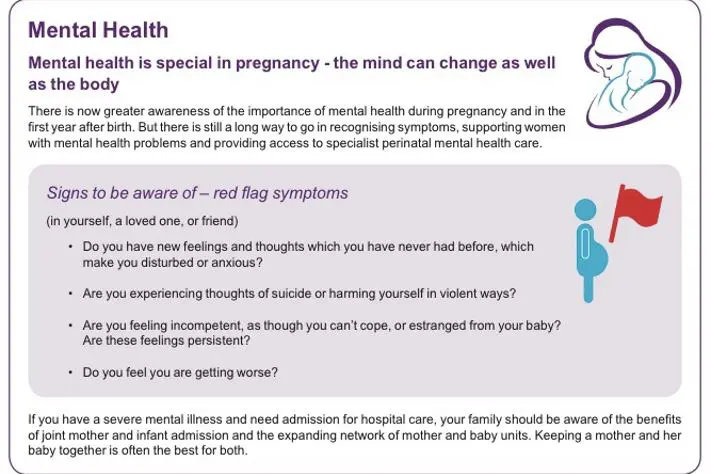In support of the first ever National SUDC Awareness Day (#SUDCAwareness) for Sudden Unexplained Death in Childhood (on Monday 18 March), we publish new Good Practice Points for Health Visitors on Sudden Unexplained Death in Childhood (SUDC).

Sudden Unexplained Death in Childhood (SUDC) is one of the less recognised medical tragedies of our time. Families often receive limited support but, with clear, compassionate communication, health visitors can have a positive impact on how the family copes. SUDC is the sudden and unexpected death of a child between 1 and 18 years of age, which remains unexplained after a thorough investigation is conducted. This must include examination of the death scene, a post-mortem, and a review of the child and family’s medical history.
iHV is attending today’s launch of the first National SUDC Awareness Day for Sudden Unexplained Death in Childhood at a Parliamentary event attended by families, MPs and professionals from across the country. Visit www.sudc.org.uk to learn more about this important cause.
Please note that GPPs are available to iHV members.
If you’re not a member, please join us to get access to all of our resources.
The iHV is a self-funding charity – we can only be successful in our mission to strengthen health visiting practice if the health visiting profession and its supporters join us on our journey. We rely on our membership to develop new resources for our members.
So do join us now!







